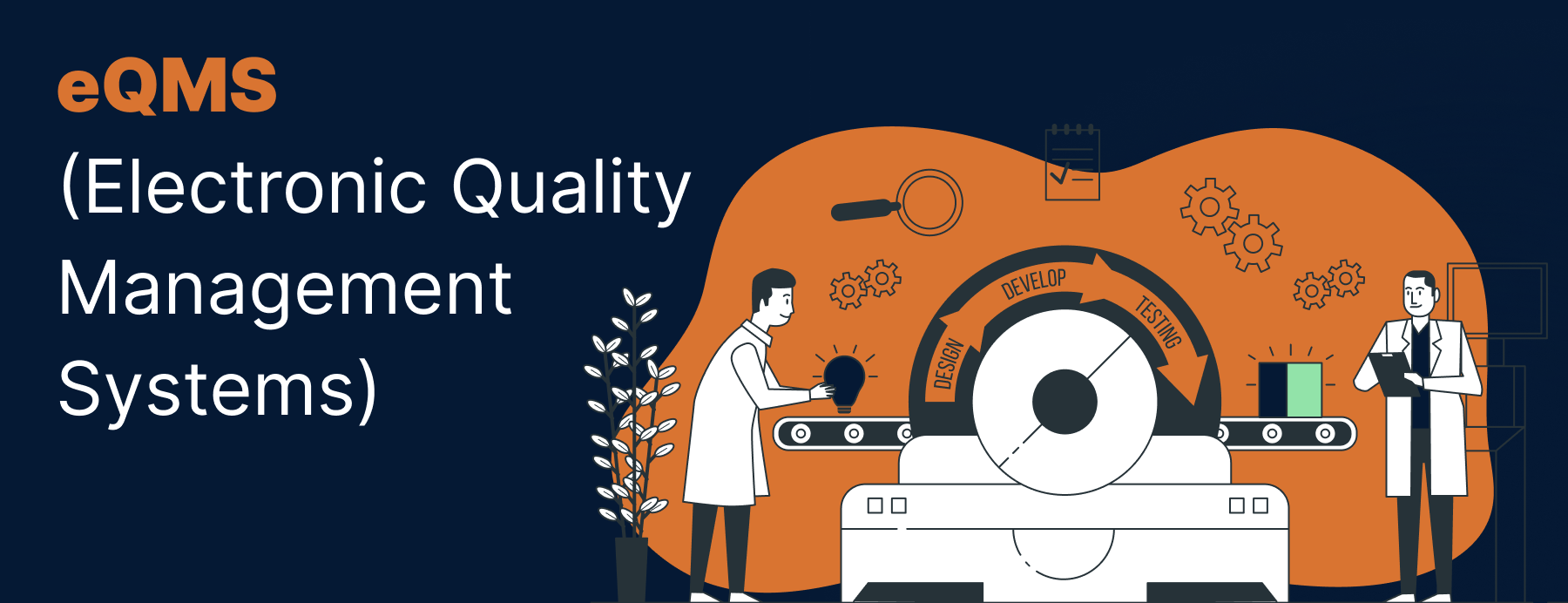
The Benefits of eQMS (Electronic Quality Management Systems)
In today's fast-paced and highly regulated business environment, the importance of maintaining top-notch quality management cannot be overstated. Fortunately, modern technology has paved the way for more efficient and effective ways of managing quality. Electronic Quality Management Systems (eQMS) have emerged as a game-changer for organisations across various industries. In this blog post, we'll explore the numerous benefits of eQMS and why it's a must-have tool for any company committed to delivering excellence.
1. Streamlined Document Management
One of the core features of eQMS is its ability to streamline document management. It centralises the storage of quality-related documents, such as standard operating procedures (SOPs), work instructions, and compliance records, making them easily accessible to authorised personnel. This ensures that everyone is on the same page, reducing the risk of errors and confusion.
2. Improved Compliance and Regulatory Adherence
Adhering to industry regulations and standards is paramount in various sectors, including healthcare, manufacturing, and pharmaceuticals. eQMS systems are designed to help organisations stay compliant by providing audit trails, automated validation processes, and real-time monitoring of quality metrics. This minimises the likelihood of costly compliance violations and penalties.
3. Enhanced Visibility and Transparency
eQMS platforms offer a comprehensive view of an organisation's quality landscape. From tracking key performance indicators to monitoring process improvements, eQMS provides transparency at every level. This visibility is crucial for making informed decisions and continuously improving quality management processes.
4. Process Efficiency and Productivity
Efficiency is the cornerstone of eQMS. Automation of quality management processes reduces the reliance on manual data entry, allowing employees to focus on more value-added tasks. This not only saves time but also enhances overall productivity. Tasks like incident reporting, corrective and preventive actions (CAPA), and change control become more streamlined and less error-prone.
5. Risk Reduction
eQMS systems help in the identification and mitigation of risks. By having a centralised platform for risk assessment, organisations can proactively address potential issues and prevent costly quality-related incidents. This proactive approach is a crucial benefit in industries where product safety and reliability are paramount.
6. Better Decision-Making
Informed decision-making is key to success in any business. eQMS provides the data and insights necessary to make data-driven decisions. Quality metrics, historical data, and trend analysis tools empower organisations to identify areas for improvement, optimise processes, and enhance the quality of their products or services.
7. Cost Savings
While implementing an eQMS system requires an initial investment, the long-term benefits often outweigh the costs. By reducing errors, improving efficiency, and minimising quality-related incidents, organisations can realise significant cost savings in the form of reduced rework, scrap, and regulatory fines.
In conclusion, the benefits of adopting an Electronic Quality Management System are manifold. It streamlines document management, ensures compliance, enhances transparency, improves efficiency, reduces risks, and leads to better decision-making. Furthermore, it can yield substantial cost savings. As businesses strive for continuous improvement and seek to meet the highest standards of quality, eQMS emerges as an indispensable tool in achieving these goals. Whether you're a small startup or a large corporation, eQMS can play a pivotal role in your journey toward quality excellence.